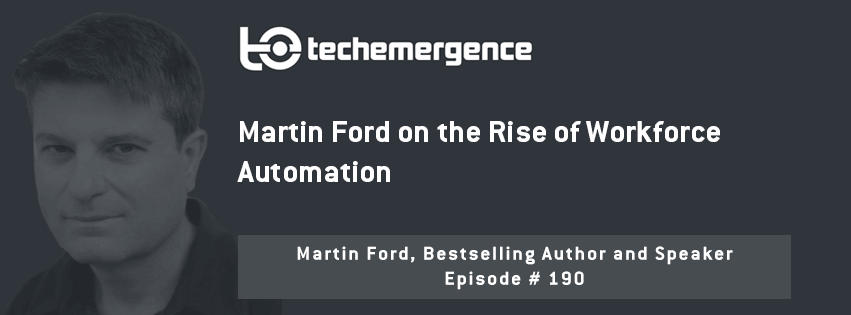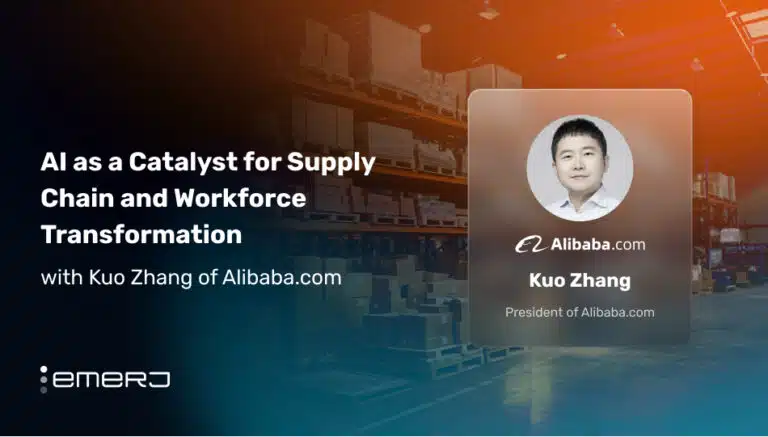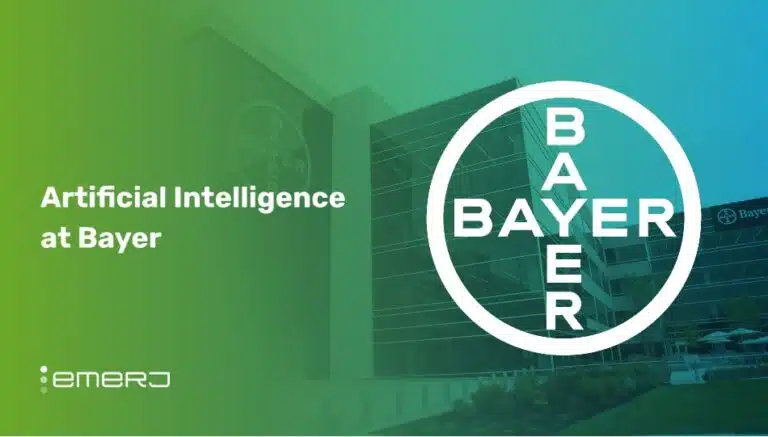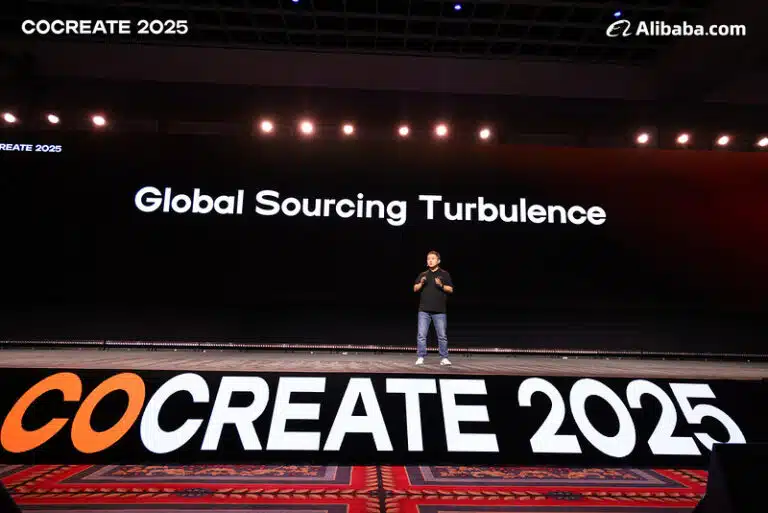Episode Summary: Martin Ford started off as a software entrepreneur in Silicon Valley, but became better known for his speaking and writing on robotics’ and automation’s influence on the job market after writing his best-selling book, Rise of the Robots: Technology and the Threat of a Jobless Future. In this episode, Martin talks about why he believes ‘white collar’ jobs (as opposed to blue) are at a higher risk for automation, and gives his predictions on how automation and robotics will impact the job market over the next 5 to 10 years.
Guest: Martin Ford (Author of Rise of the Robots)
Expertise: Computer engineering and business
Brief Recognition: Martin Ford is a futurist, keynote speaker, and the author of two books: The New York Times Bestselling Rise of the Robots: Technology and the Threat of a Jobless Future (winner of the 2015 Financial Times/McKinsey Business Book of the Year Award and translated into 19 languages) and The Lights in the Tunnel: Automation, Accelerating Technology and the Economy of the Future, as well as the founder of a Silicon Valley-based software development firm. He has over 25 years experience in the fields of computer design and software development. He holds a computer engineering degree from the University of Michigan, Ann Arbor and a graduate business degree from the University of California, Los Angeles. In addition to writing about future technology and its implications for publications, including The New York Times, Fortune, Forbes, The Atlantic, and several others, he has also appeared on numerous radio and television shows, including NPR and CNBC.

Interview Highlights:
(0:55) In terms of technologies you see as important now…that are affecting who doesn’t have a job anymore or how the job landscape has changed…what do you see as the existing trends…in terms of the automation effect on the economy?
(5:20) Overall, the lower-level white collar folks might be hit the hardest as automation makes its transition – did you mean that on the aggregate, do you think it will be more of an impact to people in those positions, even more than blue collar?
(8:25) As you had mentioned, it’s not how much brain power does it require, it’s can you be replaced by a machine…that dexterity problem might be a lot harder than cracking that accounts receivable gig…
(14:24) I think that there will be marketing that says, ‘Hey, we’ve chosen to keep X percent of humans because we believe that people are important’, I think it may be used as a marketing angle…
(16:18) In the coming 5 years or so, or next decade…what are realistic futures that we’re heading towards, given where automation, AI, and robotics are taking us now?
(21:44) Your thoughts about what kinds of impact this may have and where this may leave us…do you consider yourself leaning in the ‘better’ world or maybe not feeling so good about where we’re going?
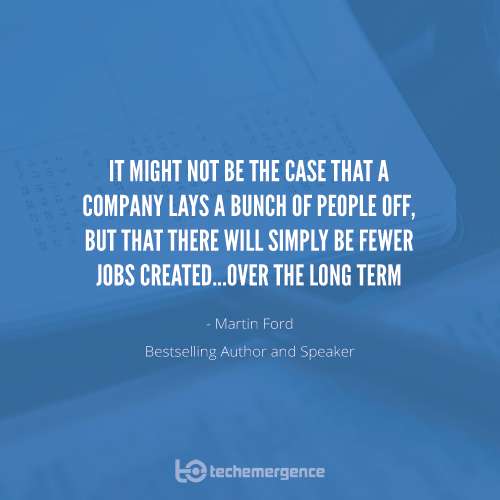
Related Workforce Automation Interviews/Articles:
- A Wealthier, Healthier Society through Increased Automation? (James Miller, Smith College)
- Conscious Evolution of an Economic Social Contract (Federico Pistono, CEO, kunoz.io)
- Advocating a More Sustainable Business Culture in an Automated World (Douglas Rushkoff, Author and Professor, Queens College)


